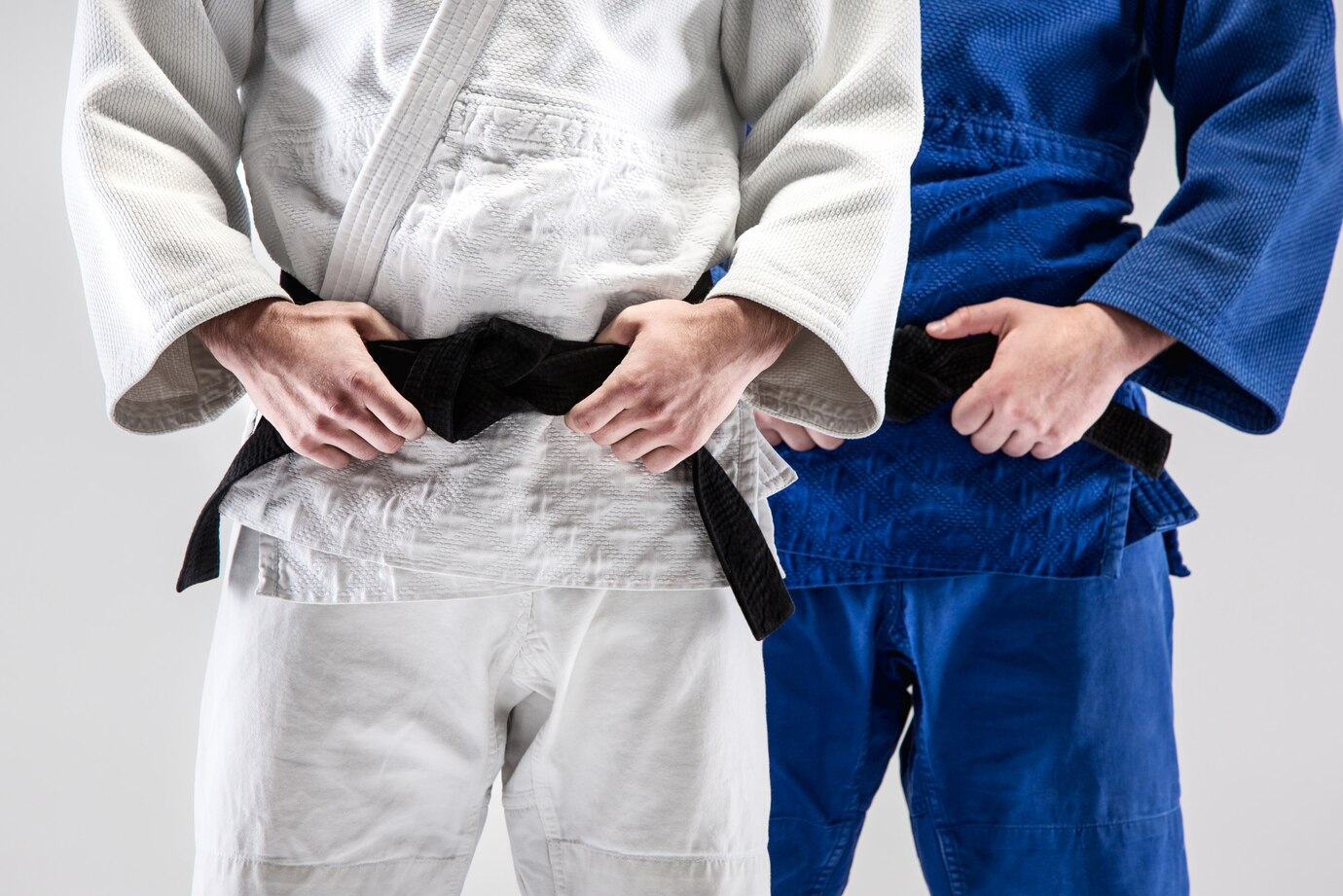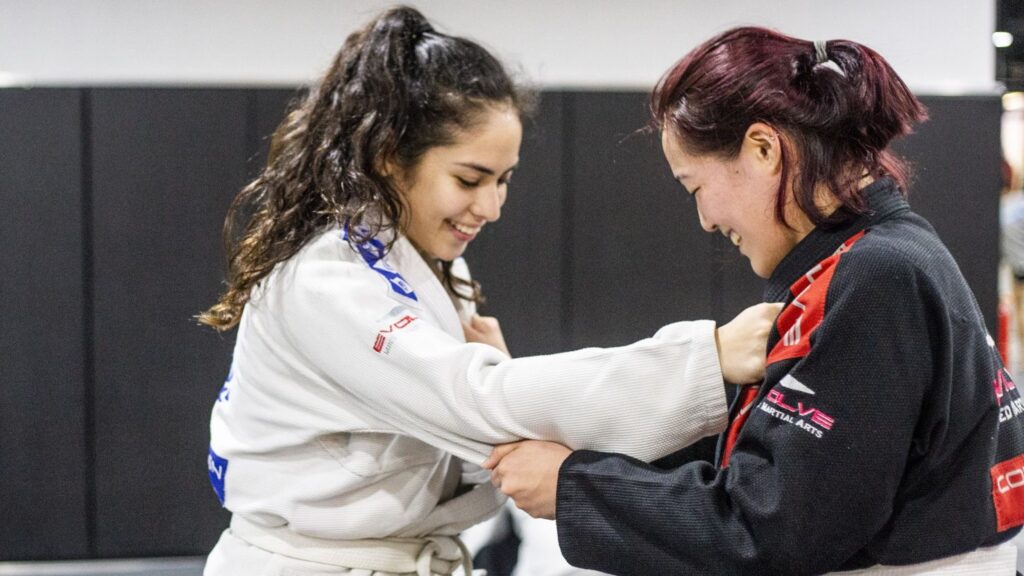Judo:
The Art of Graceful Power
Judo, known as "The Gentle Way," is a distinguished martial art and Olympic sport that emphasizes the principles of flexibility, efficiency, and control. Originating from Japan, judo focuses on throws, takedowns, and ground techniques such as pins, control holds, and submissions. Practitioners, called judokas, learn to leverage their opponent's force against them, embodying the art's philosophy that a smaller, weaker person can defeat a larger, stronger opponent through proper technique and timing.
In judo classes, students embark on a journey that not only hones their physical abilities but also nurtures mental resilience, respect, and discipline. Training sessions are comprehensive, covering the fundamentals of falling safely (ukemi) to prevent injury, executing precise throws (nage-waza), and mastering ground control and submission techniques (katame-waza). This balanced approach ensures that judokas are well-equipped for both competitive judo and real-world self-defense scenarios.
Judo is more than a physical discipline; it is a way of life that teaches values such as perseverance, humility, and courage. The dojo (training hall) serves as a community where individuals support one another's growth, fostering a deep sense of camaraderie and mutual respect. Through rigorous training, judokas develop not only their bodies but also their character, learning to apply the principles of judo in their daily lives.
The sport of judo offers a structured progression system, with judokas advancing through various belt ranks based on their skill level, knowledge, and competitive achievements. This progression instills a sense of accomplishment and motivates practitioners to continue refining their techniques and understanding of judo's rich philosophy.




